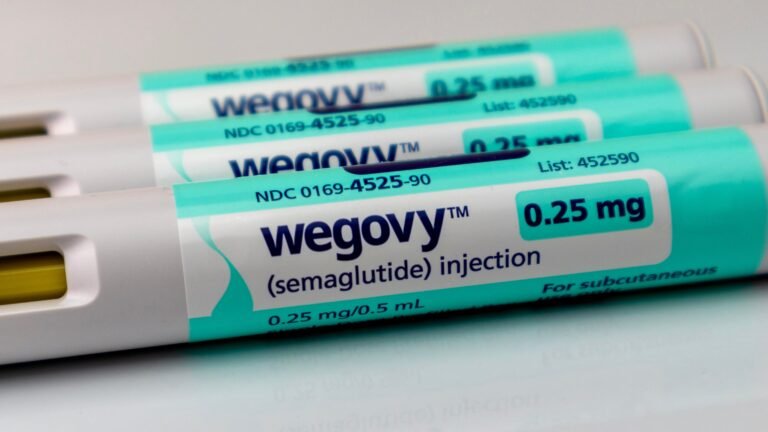Written by State Representative Mike Bayham - District 103
Louisiana has one of the highest rates of obesity in the U.S., affecting every age group, including people over age sixty-five. But in Medicare, where seniors and disabled people in Louisiana get their healthcare, people don’t have coverage for weight loss medications. Medicare is prohibited from offering medicine for weight loss for people with obesity, a contributing cause of the costliest and most debilitating conditions in the U.S., but freely spends on the consequences of those diseases, including expensive hospitalizations and surgeries. But some of these costs and consequences fall back on the state of Louisiana.
Obesity elevates the risk and cost of having diabetes, heart disease, bone and joint issues, and cancer. The federal government, by choosing not to cover medicines that could help people with obesity lose weight, puts the consequences of the condition untreated on the taxpayers. These consequences included earlier entry into nursing homes for people with obesity, which falls back on states in Medicaid. Not providing coverage for safe and effective treatment for obesity in Medicare not only shortchanges seniors and disabled people who use Medicare, but it is also unfair to the states who bear consequences of untreated obesity. Future generations have a chance at setting the health system on a more solvent path, if the federal policymakers would make the right decision to help seniors lose weight in Medicare.
The prohibition on coverage for obesity treatment in Medicare was established twenty years ago when there were limited treatment options. There are now six FDA-approved medicines to help people lose weight. The exclusion of weight loss in Medicare is outdated. However, removing that exclusion depends largely on the perception and estimates of the cost to the federal government. But, the costs of untreated obesity are not counted by federal policymakers, such as nursing home costs, which fall back on the state of Louisiana as people with obesity are far more likely not to enter a nursing home. Nor does the federal government bear the cost of informal caregivers, like the families in Louisiana who help take care of their older relatives with obesity and its impact on health.
Heart Disease, Stroke, cancer, and diabetes are the top four costliest conditions to treat in the U.S., all four have obesity as a risk factor. Obesity follows those four as the fifth costliest condition to treat in the U.S. Obesity affects 48% of people in Louisiana. The costs for seniors with obesity fall not just to the federal government in the Medicare program. For example, healthcare workers who care for people with obesity have higher rates of injury, those injuries take people out of their important work in hospitals and doctors’ offices. Denying an opportunity for seniors and disabled people to be treated for obesity with medicine for weight loss sets up an untenable financial situation where Medicare costs are continuing to grow, and the people paying for Medicare are seeing a growing share of their tax dollars contributing to the cost of preventable diseases and states like Louisiana bear many of the cost and consequences.
The federal government accountants and actuaries who forecast view these medicines as a cost, not an investment in health that pays off with better health and less burden on state Medicaid. They consistently over-forecast the costs in Medicare relative to what actually happens in the market, particularly for medicines. Moreover, the federal government actuaries do not fully consider the costs back to the states as Medicaid takes on the cost of nursing home care, not Medicare. So, the assumption is treatment for obesity will be costly to the federal government, even if it may pay off for the country, and taxpayers continue to pay for the consequences of obesity on health, with is particularly serious with high rates of obesity in Louisiana. However, providing treatment for weight loss for people with obesity, is a path to a more solvent and sustainable health system for the federal government and for Louisiana.
People with obesity are more likely to describe their health status as poor, and as the rate of obesity increases, so does the likelihood that a person reports poor health status. If the trajectory of obesity growth is reversed, this could have a significant positive impact on cost of healthcare and well-being in Louisiana. Helping seniors lose weight is an opportunity to improve their health, and that means they live not just longer but also better; that is good for the federal government as well as the states.


















